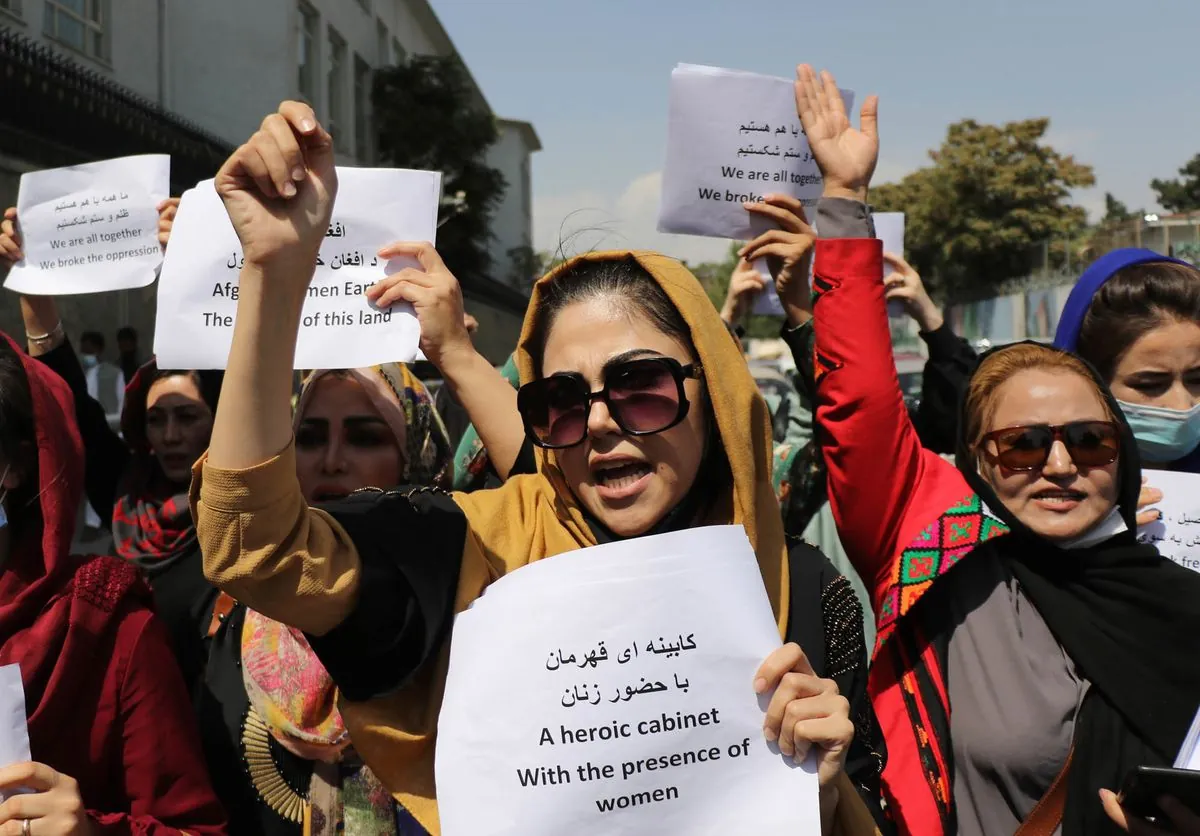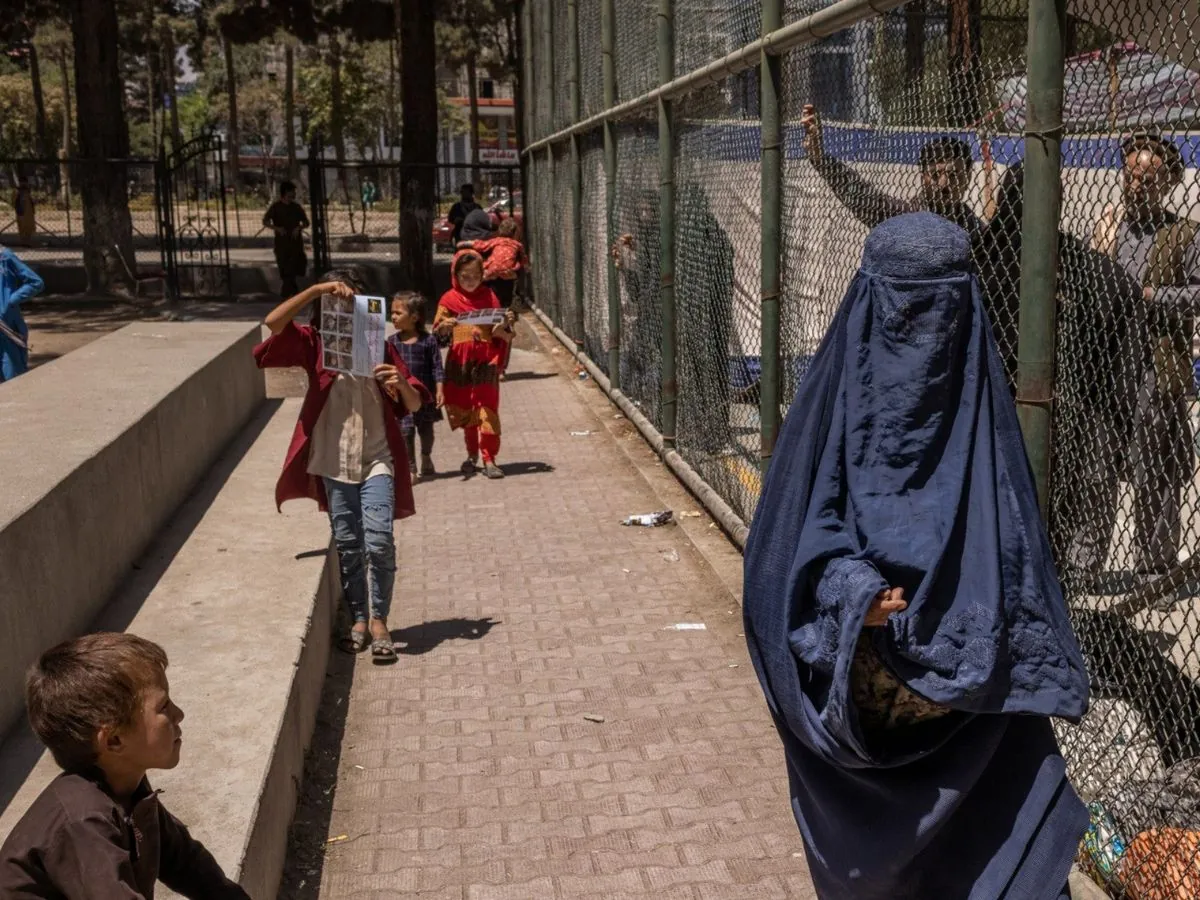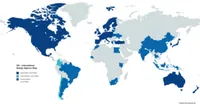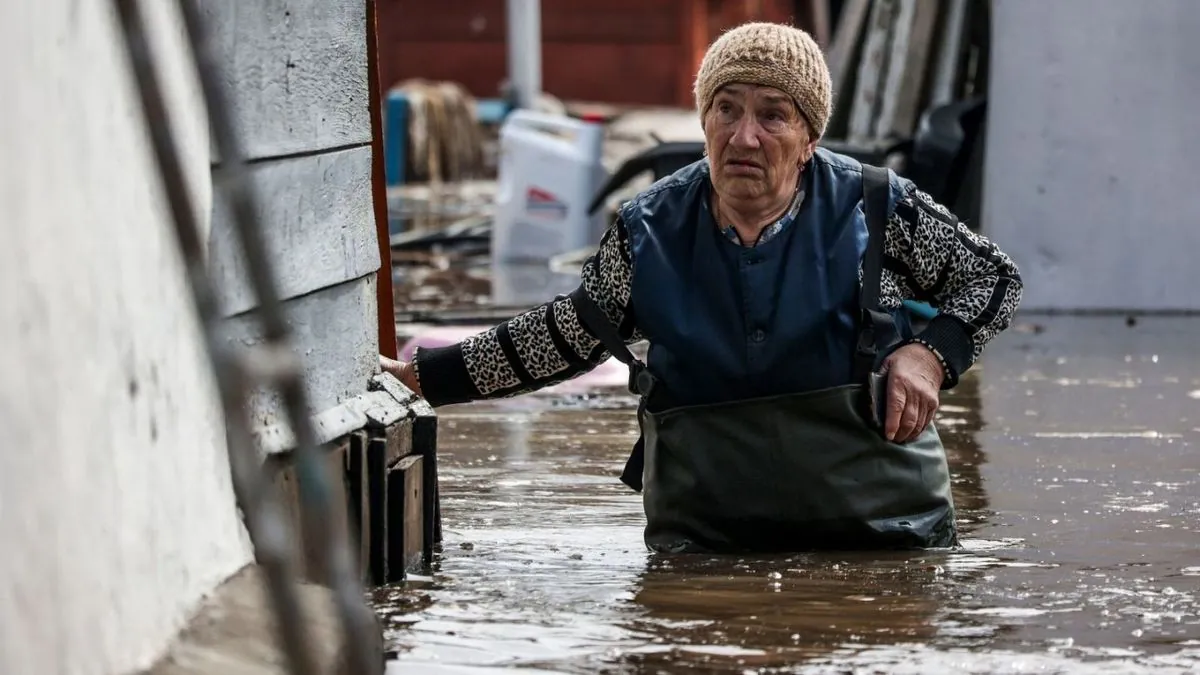Taliban's Latest Crackdown: Afghan Women Silenced in Public
Afghanistan's Taliban government has imposed a new ban on women speaking in public, further eroding their rights. The international community's response remains limited, raising concerns about the future of Afghan women.

In a troubling development, Afghanistan's Taliban-led government has implemented a new restriction on women's rights, prohibiting them from speaking in public. This measure represents a further erosion of freedoms for Afghan women and girls, who have already faced severe limitations since the Taliban's return to power in August 2021.
The Taliban's actions contradict their initial assurances regarding women's rights to education and employment. Since regaining control, the group has systematically dismantled women's freedoms, including:
- Banning girls from attending school beyond sixth grade
- Prohibiting women from pursuing higher education
- Restricting women's access to public spaces like parks and gyms
- Limiting women's employment opportunities

These restrictions have effectively confined many Afghan women to their homes, depriving them of basic rights and opportunities for personal and professional growth. The situation is particularly concerning given that Afghanistan has one of the youngest populations globally, with a median age of 18.4 years, and a female literacy rate of only about 30%.
"Women's rights and those things are up to us, and we will determine them according to Afghan values and traditions"
This statement reflects the Taliban's dismissal of international concerns about human rights, framing their actions as matters of national sovereignty. However, many Muslim scholars consider the Taliban's interpretation of Islamic law to be extreme.
The international community's response to these developments has been limited. Neither Islamic nations in the region nor the United States have taken decisive action to compel the Taliban to reverse its policies. This inaction is particularly notable given Afghanistan's long-standing membership in the United Nations since 1946.
The US policy on Afghanistan has primarily focused on security concerns and containing terrorist threats, often at the expense of women's rights. The Doha Agreement, signed in February 2020, which led to the US withdrawal, notably lacked any mention of women's rights.
Humanitarian aid to Afghanistan has had unintended consequences. While alleviating some immediate suffering, it has also helped sustain the Taliban's rule. According to a January 2024 report by the Special Inspector General for Afghanistan Reconstruction (SIGAR), the UN has transferred at least $2.9 billion to Afghanistan since August 2021, with the US being the largest donor.
Debates persist on how to address the situation. Some argue for cutting off aid to pressure the Taliban, while others advocate for increased developmental assistance to empower Afghans to challenge the regime. The effectiveness of international boycotts is limited, as countries like China, Russia, and Pakistan continue to engage with the Taliban for economic and security reasons.
One proposed solution involves forming a coalition of Islamic nations to challenge the Taliban's interpretation of Sharia law. In April 2024, the Organisation of Islamic Cooperation (OIC) called on the Taliban to end the ban on education and employment for women and girls. However, these efforts have yet to yield significant results.
The ongoing oppression of women in Afghanistan raises concerns about the Taliban's adherence to other commitments, including those related to terrorism. As the country grapples with these challenges, its strategic location and rich natural resources continue to make it a focus of geopolitical interest, as they have for centuries.
The international community must remain vigilant and seek effective ways to support Afghan women's rights while addressing the complex political and security dynamics in the region.


































